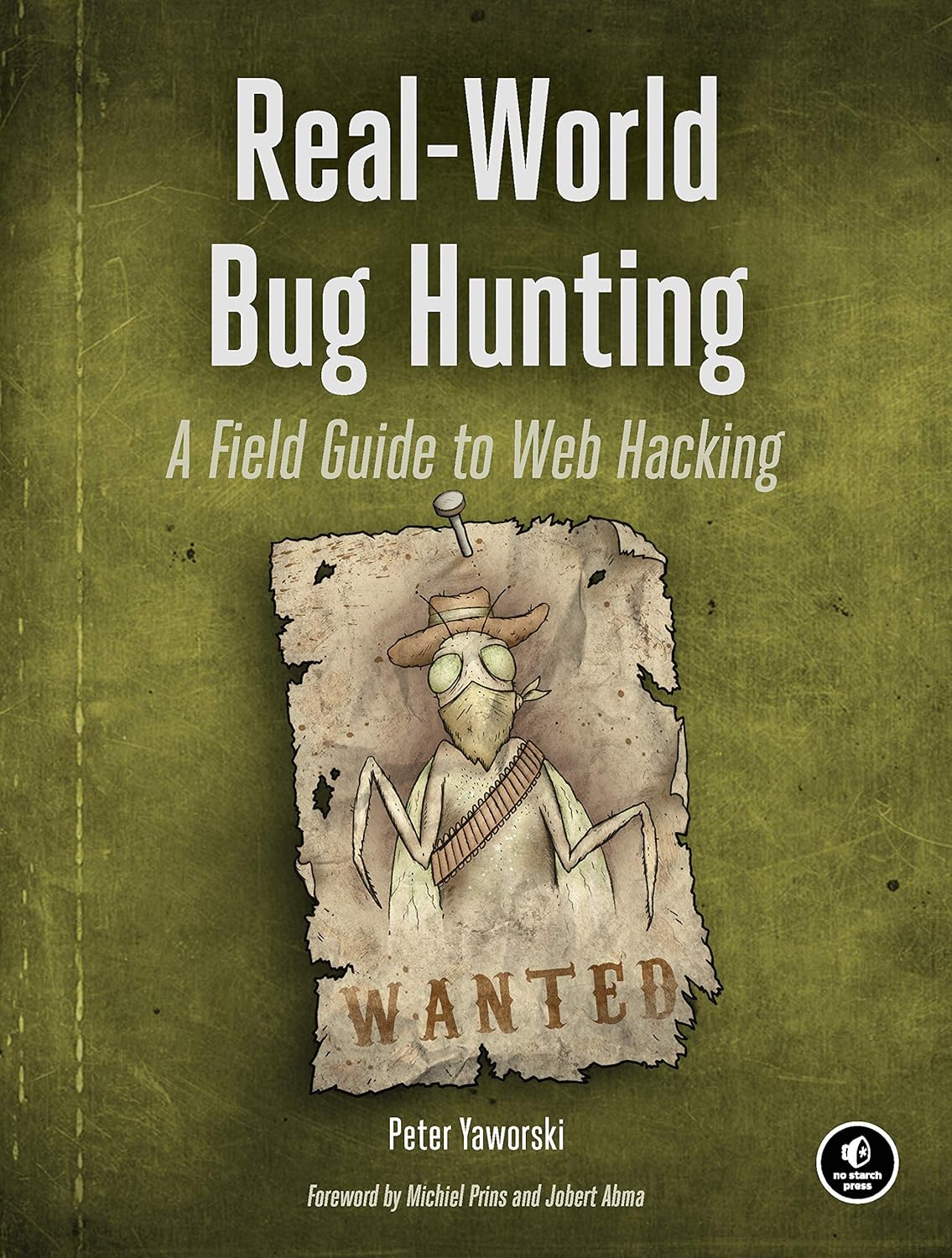This book introduces you to the wide world of ethical hacking, or the process of responsibly discovering vulnerabilities and reporting them to the application owner. When I first started learning about hacking, I wanted to know not only what vulnerabilities hackers found but how they found them.
I searched for information but always faced the same questions:
What vulnerabilities do hackers find in applications?
How did hackers learn about these vulnerabilities in applications? How do hackers start infiltrating the site?
What does piracy look like? Is this all automated or is it done manually? How can I start hacking and find vulnerabilities?
I finally landed on HackerOne, a bug bounty platform designed to connect ethical hackers with companies looking for hackers to test their apps. HackerOne includes functionality that allows hackers and companies to detect and fix bugs found.
As I read the reports of HackerOne disclosures, I found it difficult to understand what vulnerabilities people found and how they could be abused. I often had to re-read the same report two or three times to understand it. I realized that I, and other beginners, could benefit from simple explanations of real-world vulnerabilities.
Real-world bug hunting is a reliable reference
It will help you understand different types of web vulnerabilities. You’ll learn how to find vulnerabilities, how to report them, how to get paid to do so, and, sometimes, how to write defensive code. But this book covers not only successful examples, but also mistakes and lessons learned, many of which are my own.
By the time you finish reading, you will have taken your first step towards making the web a safer place, and you should be able to make some money doing so.
Who should read this book
This book was written with novice hackers in mind. It doesn’t matter if you’re a web developer, web designer, stay-at-home parent, 10-year-old, or 75-year-old retiree.
However, although this is not a prerequisite for hacking, some programming experience and familiarity with web technologies can help. For example, you don’t have to be a web developer to be a hacker, but understanding the basic structure of a web page, how Cascading Style Sheets (CSS) define its appearance, and how JavaScript dynamically interacts with websites will help you discover… Weaknesses and recognize the impact of the errors you find.
Knowing how to code is useful when you’re looking for vulnerabilities involving application logic and brainstorming how the developer could make mistakes. If you can put yourself in the programmers’ shoes, guess how they implement something, or read their code (if it exists), you will have a greater chance of success.






Reviews
There are no reviews yet.